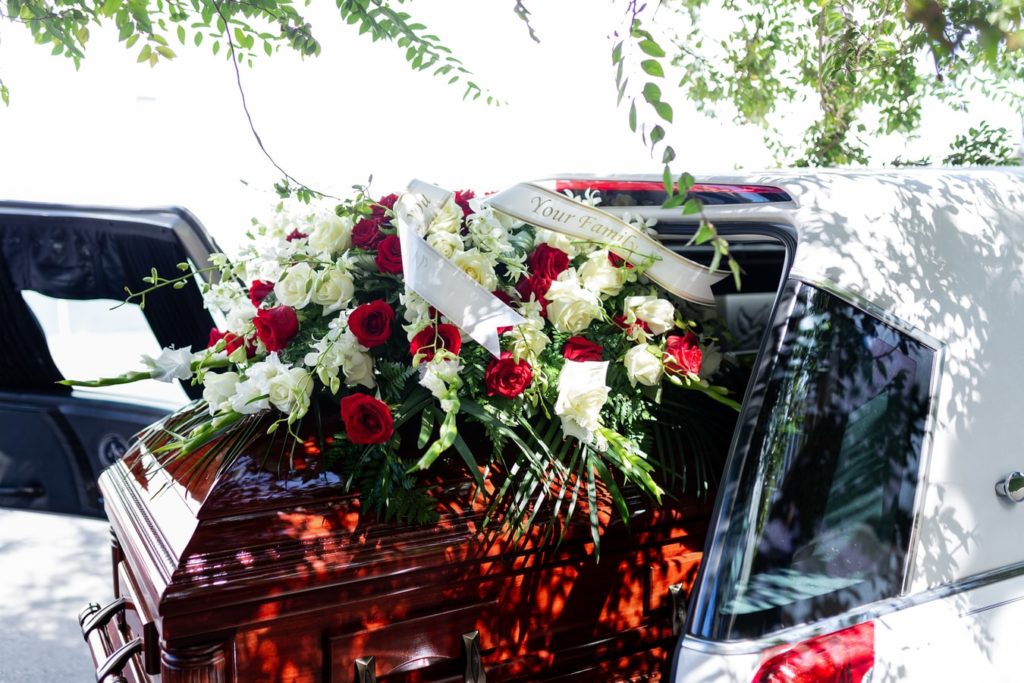 A wrongful death claim is a type of lawsuit filed when someone dies as the result of someone else’s negligence or intentional action. It is usually filed by the estate of the deceased person, representing those (survivors) closely related to the deceased person.
A wrongful death claim is a type of lawsuit filed when someone dies as the result of someone else’s negligence or intentional action. It is usually filed by the estate of the deceased person, representing those (survivors) closely related to the deceased person.
In Louisiana, according to Louisiana Civil Code Section 2512.2, the following people can file a wrongful death claim:
• The surviving spouse and/or children of the deceased person
• If there are no surviving spouse and/or children, the surviving parent or parents
• If there are no surviving parents, the surviving siblings
• If there are no surviving siblings, the surviving grandparents
When should you consider filing a wrongful death lawsuit?
A wrongful death claim can be made in several situations, including when the deceased person has been killed through intentional action/murder. The survivor(s) of the victim can file a wrongful death claim against the defendant that will be heard in civil court and considered separately from the state’s criminal case.
Another situation where a wrongful death lawsuit might be considered is when death resulted from a diagnostic or treatment error by a doctor or other medical professional. This is particularly true if that error reflects a high degree of carelessness — or willful disregard — that can be proven through the documentary record/evidence and other testimony.
Car, truck, motorcycle accidents that result in death and involve negligence are also the basis for many wrongful death lawsuits.
A wrongful death claim can stem from almost any type of personal injury situation, with the possible exception of workplace accidents that result in death. Compensation for these accidents is usually handled exclusively through the workers’ compensation insurance system.
How are damages determined in a wrongful death claim?
In a wrongful death claim, damages include several categories of loss for which survivors can seek compensation:
• The deceased person’s pain and suffering prior to death
• Medical treatment costs incurred prior to death
• Funeral and burial costs
• Loss of the deceased person’s income
• Value of the services the deceased person would have provided
• Loss of care, guidance, etc. that the deceased person would have provided
• Loss of love and companionship
Some of these damages/losses are economic, and other losses are more challenging to quantify.
What do you need to prove?
Similar to other types of personal injury lawsuits, the survivors filing a wrongful death lawsuit must be able to prove:
Negligence – Death was caused by the defendant’s recklessness, carelessness, and/or other negligence actions.
Breach of Duty – This is another way of saying irresponsibility. A motorist, for example, has a duty/responsibility to drive safely and to follow the rules of the road. Doctors have a duty to maintain health. You, as the plaintiff, must establish that the defendant’s duty/responsibility existed and that it was breached through negligent action.
Causation – The plaintiff/surviving family must prove that the accident caused their loved one’s death.
Damages – The plaintiff/surviving family must prove that the death generated quantifiable damages — medical costs, funeral and burial costs, loss of income, loss of potential earnings, pain, and suffering, and other losses.
Proving these things in a courtroom requires the gathering of evidence, expert testimony, and a high degree of strategic legal skill. Having a personal injury attorney at your side as your advocate is key to litigation success.
Statute of Limitations
In Louisiana, the surviving family has one year to file a wrongful death lawsuit, starting from the date of death, which is often not the same as the date of the accident.
The attorneys at Lamothe Law Firm help individuals, families, and businesses who have been harmed by the fault of others, to understand their legal situation and options for recovering damages. Contact us today.









